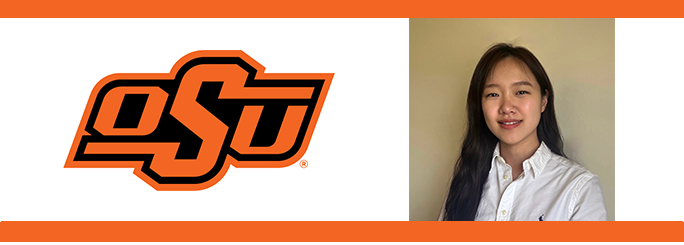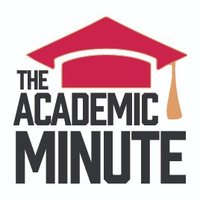
The Academic Minute
@academicminute
From WAMC Northeast Public Radio, The Academic Minute allows professors from top institutions to keep listeners abreast of what’s new & exciting in the academy.
ID: 209218225
http://www.academicminute.org/ 28-10-2010 19:05:29
13,13K Tweet
2,2K Followers
889 Following

Having the right friends might mean a more secure financial future. Bradley Cannon, assistant professor of finance within the School of Management at Binghamton University, outlines the link. bit.ly/BCannonAM
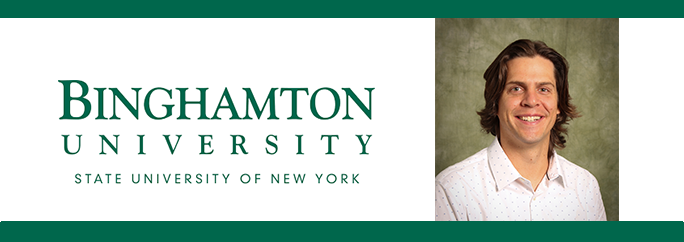

Our genetic code still holds mysteries for us to discover. Sawsan Wehbi, Genetics Ph.D. candidate at University of Arizona, takes a look. bit.ly/SWehbiAM
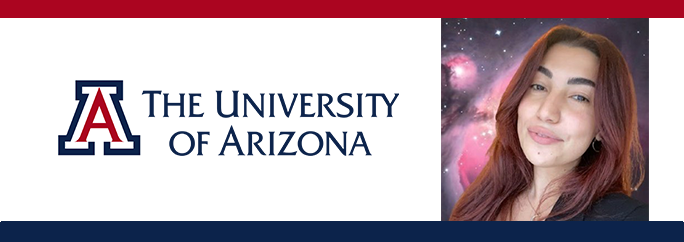

Re-entry from space is challenging because of many factors, including heat. Marcos Fernandez-Tous, assistant professor in the department of space studies at U of North Dakota, details how a new trajectory may help cool things down. bit.ly/MFernTousAM
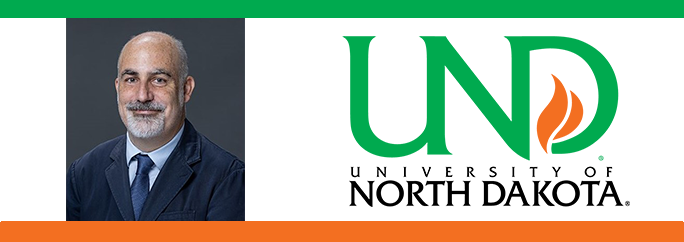

How do we make the trucking industry more efficient? Qi Luo, assistant professor in the department of business analytics at University of Iowa, examines one possible solution. bit.ly/QLuoAM


On Soka University of America Week: Colleges are closing across the country, so what happens next to the spaces they occupied? Ryan Allen, associate professor of comparative and international education and leadership, looks around to find answers. bit.ly/RyanAllenAM
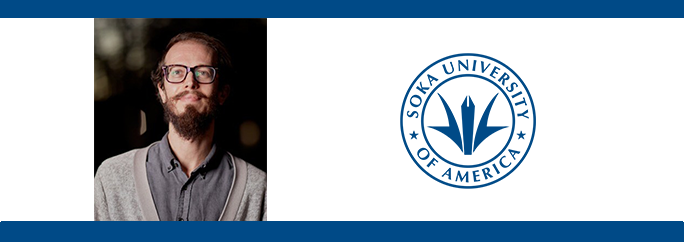

On Soka University of America Week: Can we reimagine our urban spaces to more align with the natural world? Deike Peters, associate professor of environmental planning and practice, discusses. bit.ly/DPetersAM
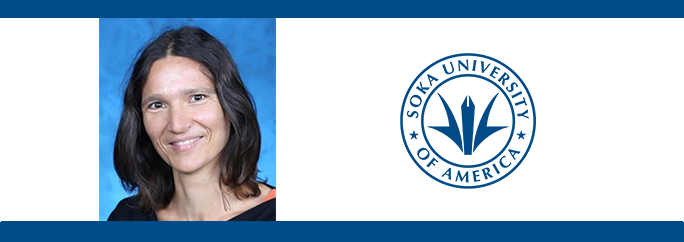

On Soka University of America Week: Introduced species can be a threat to coral reefs. Marie Nydam, associate professor of biology, dives down to take a look. bit.ly/MNydamAM
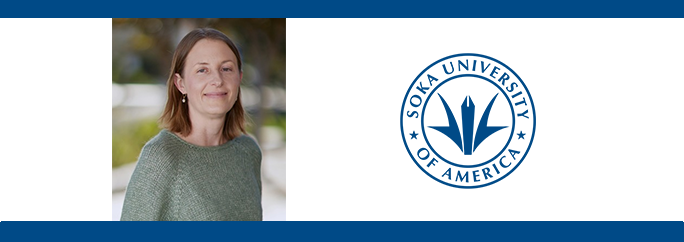

On Soka University of America Week: Autonomous states around the world and the reasons behind them can be misunderstood. Shane Barter, professor of comparative politics, delves into why. bit.ly/SBarterAM
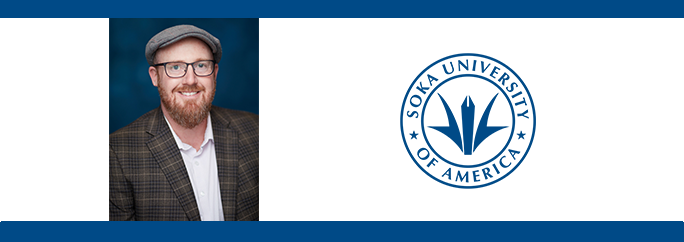

On Soka University of America Week: Movie theaters can be used for more than just movies. Sandrine Simeon, assistant dean of global citizenship and associate professor of French language & culture, examines another form of entertainment that can fill the screens. bit.ly/SSimeonAM
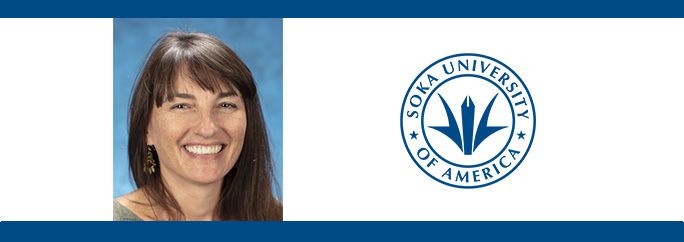

How do we foster a more civil tone in the workplace? Amanda Marcy, assistant professor of accounting at the Univ of Scranton , examines this question. bit.ly/AMarcyAM
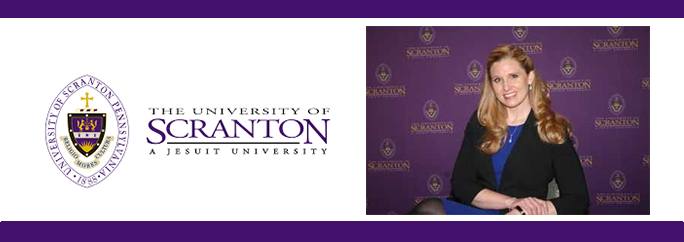

We all want to age well, so let’s learn from those who already have. Emily Rogalski, Rosalind Franklin professor and Director of the Healthy Aging & Alzheimer’s Research Care Center at The University of Chicago, delves into the secrets. bit.ly/ERogalskiAM
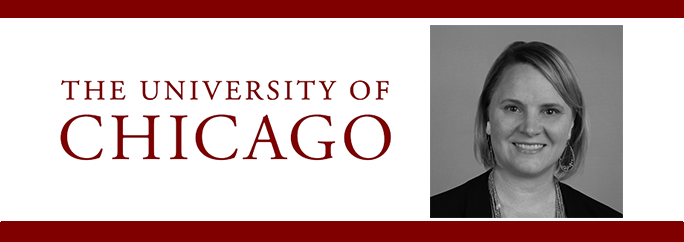

Archaeologists have solved another mystery from thousands of years ago. Rune Iversen, associate professor of archaeology at the University of Copenhagen, digs in to tell us more. bit.ly/RIversenAM
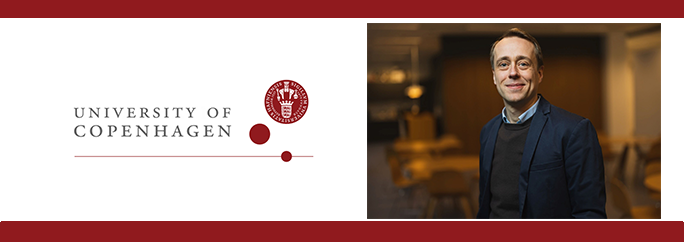

Can you hide in plain sight? Katherine Perry, assistant professor of mathematics at Soka University of America, explores if mathematics can. bit.ly/KPerryAM
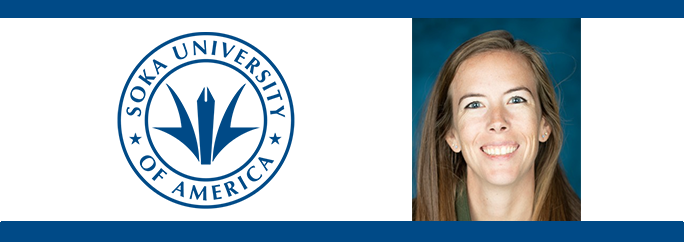

When it comes to trust in science, it depends where you look. Niels Mede, science communication researcher at the University of Zurich , delves in. bit.ly/NMedeAM
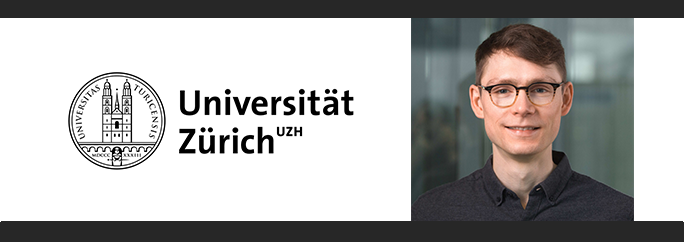

Being an advocate is important; so, what’s the most effective process for becoming one? Patrick Barry, clinical assistant professor at Michigan Law School, takes a trip to find the answer. bit.ly/PBarryAM
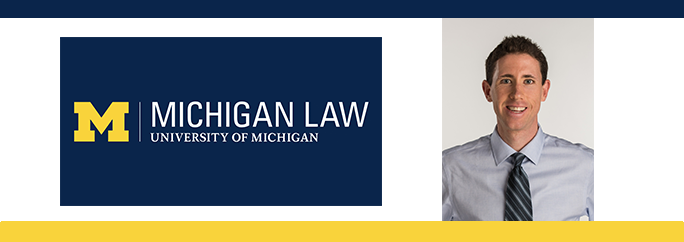

Guaranteed income programs can have benefits, but often should the money be deposited? Jonathan Murdoch, professor of public policy and economics at New York University, looks to data for answers. bit.ly/JMorduchAM
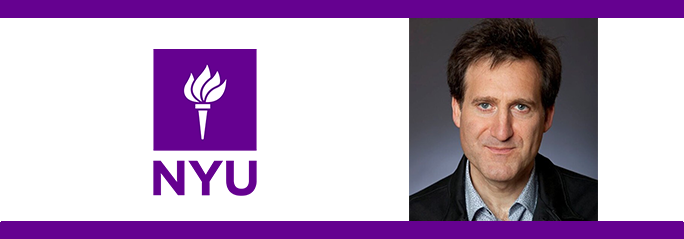

Artificial intelligence is changing who can be a computer programmer. Leo Porter, professor of computer science and engineering at UC San Diego, explores how. bit.ly/LPorterAM
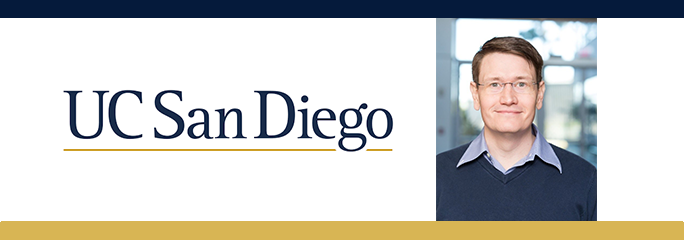

There’s plenty of water in the ocean, so how do we make it drinkable? Jovan Kamcev, assistant professor of chemical engineering at University of Michigan, determines the best process for desalination. bit.ly/JKamcevAM
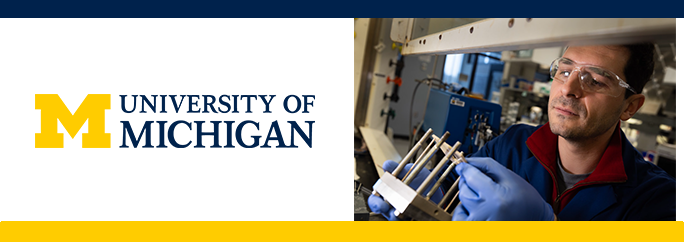

There is still a lot to learn about the causes of depression. Karmel Choi, clinical psychologist and assistant professor of psychology at Harvard Medical School, takes a look inside our genes for clues. bit.ly/KChoiAM
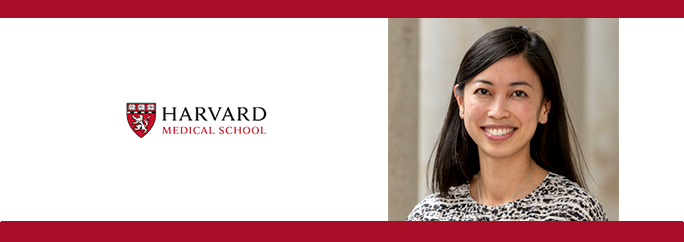

On this Student Spotlight: Laws change all the time, but some have carried on for centuries. Why is this? Yunsuh Nike Wee, Ph.D. student in the department of psychology at Oklahoma State Univ., discusses some. bit.ly/YNWeeAM
